Population Health News Round-Up: October 2024
JoAnne DyerHealth Equity and Disparities
Assaults on first responders are increasing: Firefighters and other first responders are facing higher rates of violence while on the job helping others. (WCSC News, October 3, 2024)
The Health Disparities podcast is worth a listen: From the folks at Movement Is Life comes a podcast that discusses health disparities, including pain, clinician education, chronic illness, and mental health. (Movement Is Life Health Disparities Podcast, available on YouTube)
How does structural racism become tumor biology?: At the American Association for Cancer Research conference, Dr. Melissa Davis discussed this question, referring to a specific lens: SAMBAI (Societal, Ancestry, Molecular, and Biological Analyses of Inequalities.) SAMBAI is also a research project. (American Association for Cancer Research, October 4, 2024)
Environmental Health and Justice
Environmental racism in cancer alley: Black residents in St. James Parish in Louisiana are arguing in court that racial cleansing has played a role in land-use policies, leading to more pollution in Black neighborhoods. (Inside Climate News, October 7, 2024)
In New Mexico, fruit trees and green spaces are growing justice: With funds from the Biden Administration’s Justice40 Initiative, The Los Jardines Institute and others “address food injustice, create nurturing green spaces where there are none, and reduce extreme heat risks in the city’s communities.” (Cap20, American Progress.org, October 11, 2024, including a video)
Built Environments, Spaces, and Places
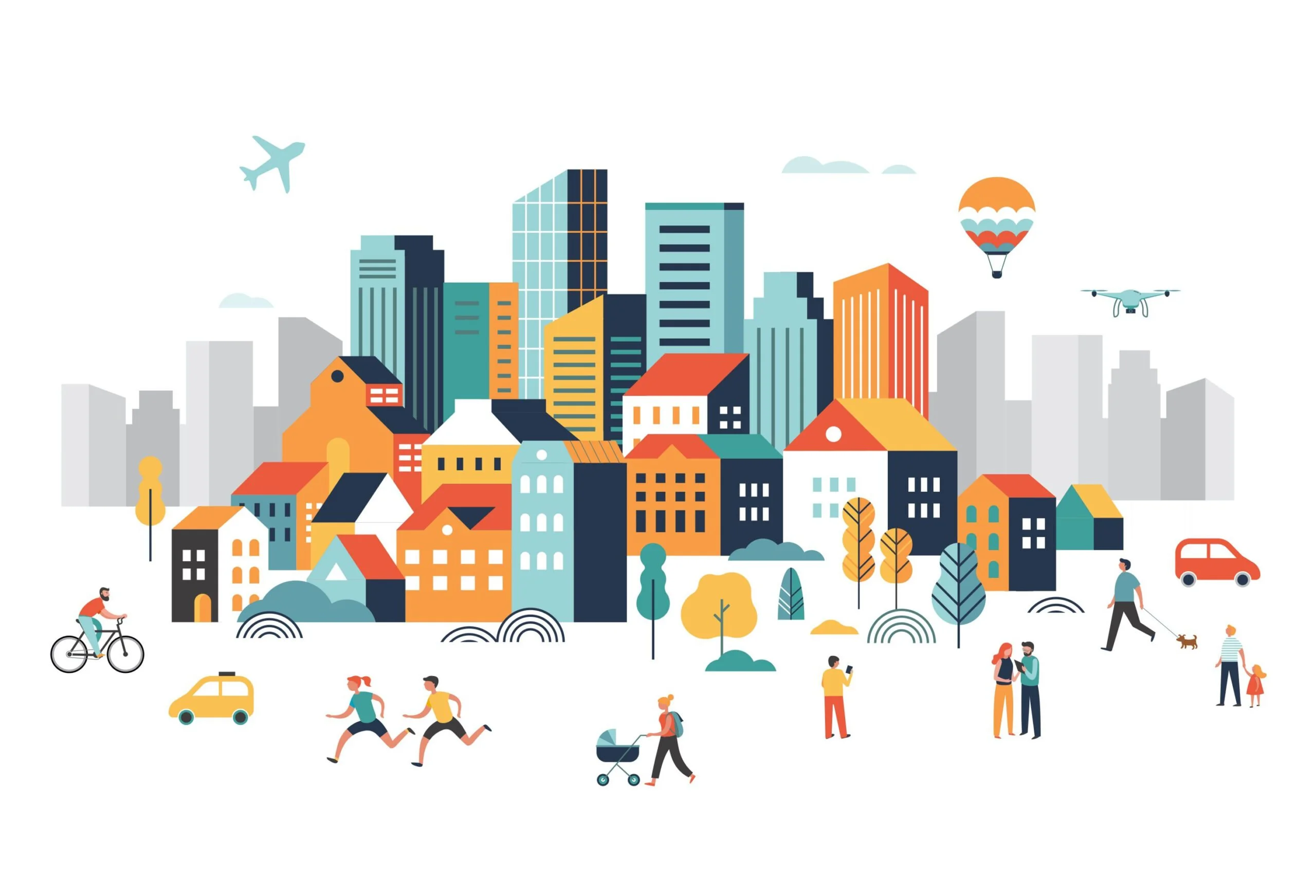
Cities face challenges but also opportunities in the climate-change era: The European Environment Agency looks at the risks and vulnerabilities in cities, such as flash floods, heatwaves, and biodiversity loss. They add that cities are also “hubs of creativity, innovation, and education,” so cities can also help affect changes. (European Environment Agency, September 30, 2024)
Electronic scooters and bicycle injuries on the rise: Training, helmets, and policies are needed to reduce the growing risk of injuries from micromobility devices. Black consumers are more likely to be injured. (Anesthesiology News, January 31, 2024)
When home means a hotel, kids suffer: Aggression, anxiety, food insecurity, sleep problems, insects, mold, and exposure to violence are some of the issues that kids face when their families are living in extended-stay hotels. (KFF Health News, October 11, 2024)
Policy and Programs
Fearing deportation, some Americans decline SNAP benefits: Even when they qualify for help paying for food, some Americans, such as those with children living with an unauthorized parent, fear being put on the government’s radar. (Newsweek, September 16, 2024)
Incarceration and health in middle-aged and older adults: “Middle-aged and older adults with lifetime CLI [criminal legal involvement] experience higher rates of acute care utilization than their peers with no lifetime CLI…” (BMC Public Health, October 8, 2024)
Native Americans face barriers to getting care: The referred care program only applies to people living on tribal land, and “funding shortages, complex rules and administrative fumbles [also] impede access to the program.” (KFF Health News, October 10, 2024)

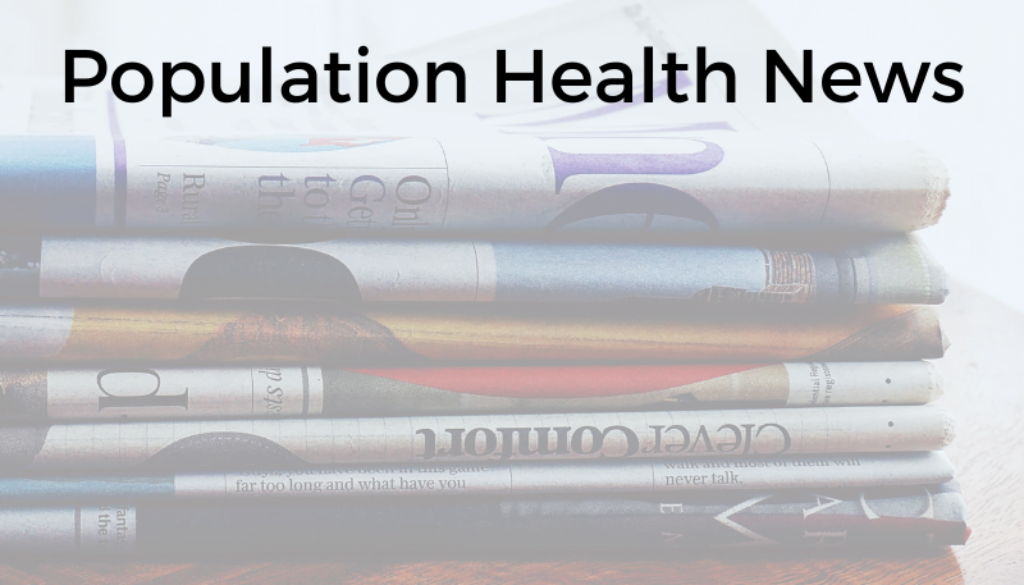
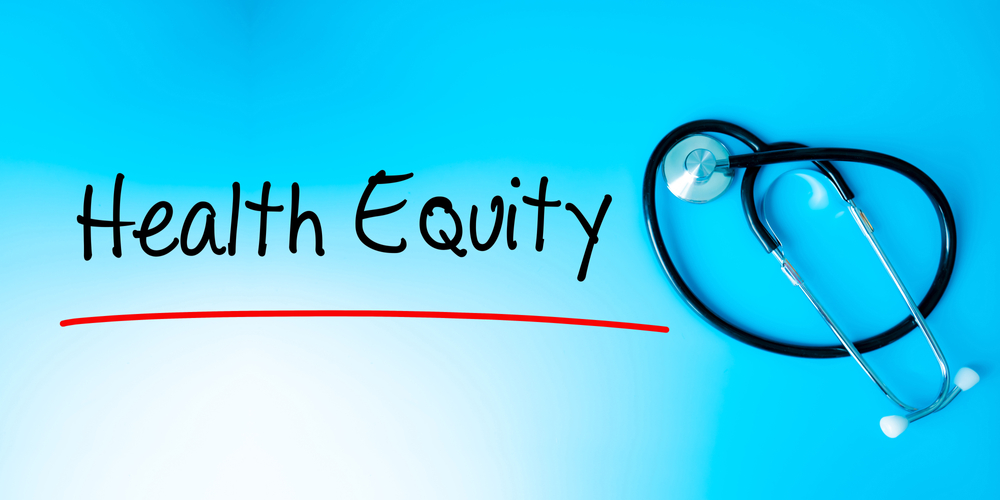

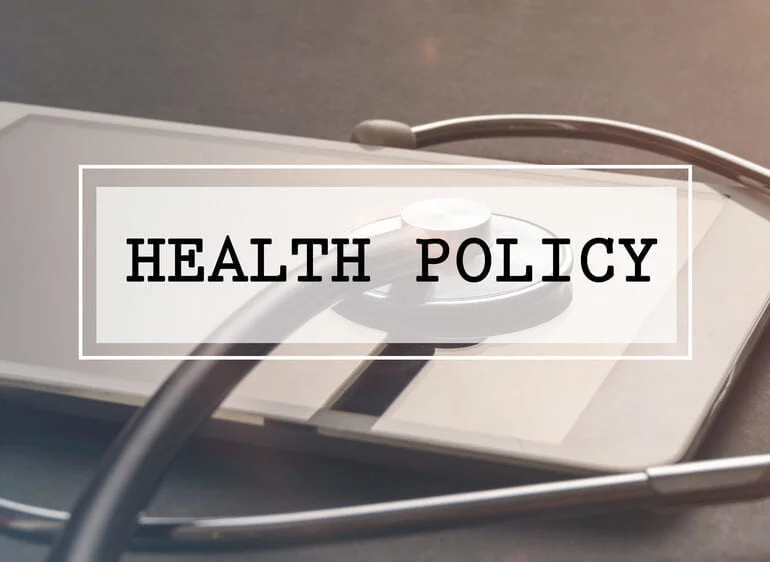


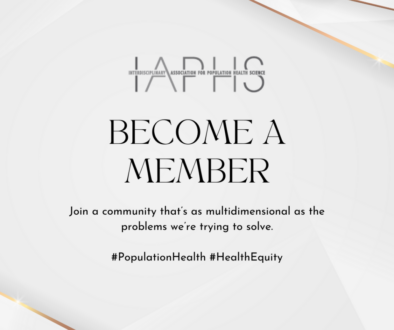
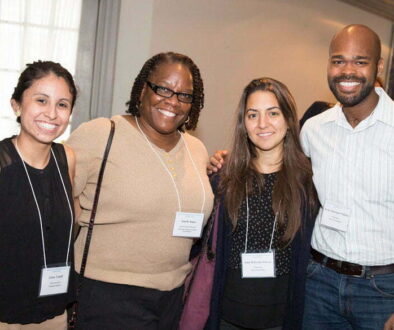
All comments will be reviewed and posted if substantive and of general interest to IAPHS readers.